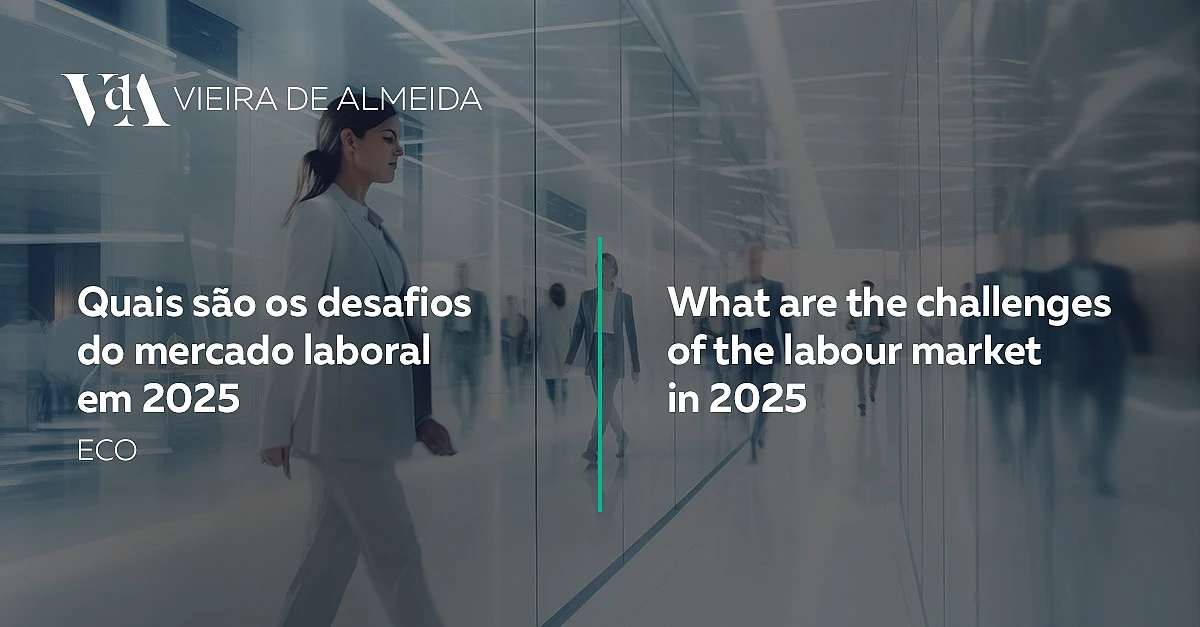Américo Oliveira Fragoso gave an interview to ECO in which he analysed the current state of the labour market in Portugal and the outlook for 2025.
In the interview, titled “We are not on the right path for labour market competitiveness”, the Co-Head of Practice Partner for the VdA Labour area highlighted national political instability as a factor that hampers the prediction of new legislative measures in this field. Nonetheless, he pointed out that the 2023 reform, driven by the Decent Work Agenda, may be subject to revisions by the new administration, particularly in areas such as remote working, flexible working hours, digital platform work, and outsourcing.
In addition, Américo Oliveira Fragoso warns of the need to transpose several European directives in the coming years, noting that some changes may not occur in 2025 due to legal deadlines and the current political context.
When asked about the compatibility of Portuguese labour legislation with a country characterised by high wages and stable full employment, the VdA lawyer argued that “Portuguese labour legislation, although it does not objectively prevent companies from paying high wages, in reality, does not contribute to achieving this in its crucial measures, maintaining an outdated vision of labour relations in several respects.”
Américo Oliveira Fragoso also reflected on the impact of Artificial Intelligence on the labour market, rejecting the notion that AI will directly replace workers. According to the VdA lawyer, the real disruption will come from replacing workers with professionals who know how to work with AI, emphasising that digital literacy will be a key skill in the future labour market. “Rather than the usual focus on the increased risk of worker dismissal and job extinction due to AI integration, I would instead advocate a perspective centred on the positive transformational opportunities that AI will bring to the market and labour relations in general.”
- This interview can be read here.
